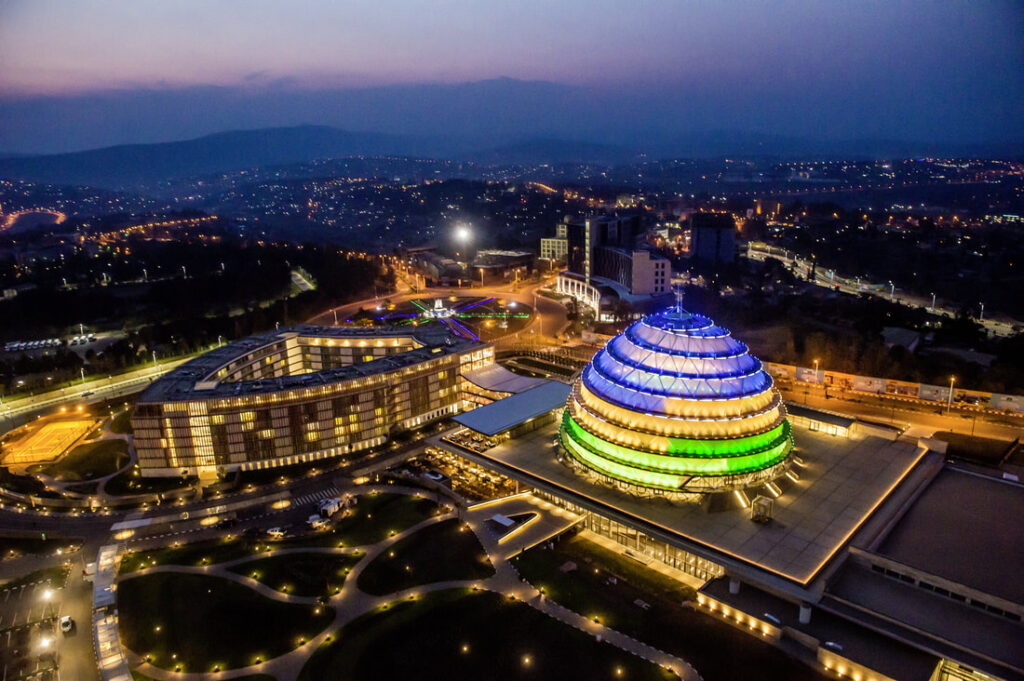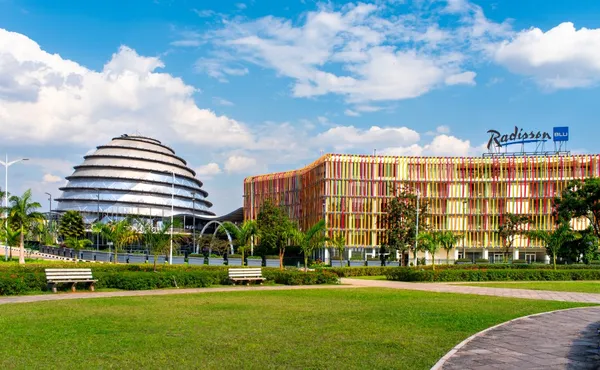Welcome to Kigali, the beating heart of Rwanda! If you’re wondering what makes this city so special, you’re in for a treat. Kigali isn’t just a stopover—it’s a destination that offers beauty, culture, and history all wrapped up in a peaceful and vibrant atmosphere. From its rolling green hills and spotless streets to its rich artistic heritage and warm hospitality, Kigali is a place that deserves your attention. Whether you’re here for a short visit or planning to explore every hidden gem, this city has something for everyone. Let’s dive into what makes Kigali an unforgettable experience!
Exploring the Vibrant City of Kigali
Kigali is the heart of Rwanda—an energetic, clean, and organized city that continues to surprise first-time visitors with its modern infrastructure and welcoming atmosphere. Known as one of Africa’s safest and most beautiful capitals, Kigali is built across rolling hills, offering stunning panoramic views wherever you go. The city boasts well-maintained roads, lush greenery, and a growing skyline that reflects Rwanda’s rapid development.
Unlike many bustling metropolises, Kigali has a serene feel, thanks to its strict policies on environmental cleanliness and urban planning. Plastic bags are banned, streets are well-kept, and crime rates are remarkably low. The city’s central location makes it an ideal base for travelers exploring Rwanda or its neighboring countries.
Kigali is also a cultural and artistic hub, home to thriving music, fashion, and craft industries. The Inema Arts Center and local craft shops showcase the talents of Rwandan artists, while music festivals and live performances bring the community together. Whether you’re strolling through the lively neighborhoods of Nyamirambo or relaxing in a rooftop café overlooking the hills, Kigali offers a unique blend of tradition and modernity that captivates visitors.
The Historical and Cultural Significance of Kigali
Kigali’s history is deeply rooted in Rwanda’s remarkable journey of resilience, unity, and progress. After the tragic events of the 1994 genocide, the city became a beacon of recovery and transformation. The Kigali Genocide Memorial stands as a powerful reminder of the past, educating visitors about Rwanda’s darkest period while showcasing the nation’s commitment to peace and reconciliation.
Despite the hardships, Rwandans have worked tirelessly to rebuild their country. Kigali today reflects the strength and determination of its people, with an atmosphere of optimism and communal solidarity. The government’s focus on economic growth has led to numerous development projects, turning Kigali into one of Africa’s most forward-thinking cities.
Beyond its historical significance, Kigali has become a center of cultural expression. Traditional dance, music, and storytelling remain integral to Rwandan identity. The city hosts cultural events, such as Umuganda—a community service tradition where citizens come together to clean their neighborhoods and contribute to public welfare. Whether attending a local wedding, visiting an art exhibit, or tasting traditional Rwandan cuisine, Kigali offers a deep immersion into the country’s rich heritage.
Must-Visit Attractions and Activities in Kigali
Though many travelers pass through Kigali en route to Rwanda’s wildlife-rich national parks, the capital itself has a wealth of attractions worth exploring. A Kigali city tour can include historical landmarks, nature spots, and vibrant community spaces.
The Kigali Genocide Memorial is a must-visit, offering an emotional but insightful look into Rwanda’s past. For those interested in history, the Campaign Against Genocide Museum at the Parliament showcases the efforts made to stop the genocide and build a peaceful nation. The State House Museum, the former presidential palace, provides fascinating insights into Rwanda’s leadership and history.

For outdoor enthusiasts, hiking Mount Kigali offers scenic views, while horseback riding at Fazenda Sengha provides a unique adventure. Local markets like Kimironko and Nyamirambo showcase Rwanda’s vibrant commerce, where visitors can interact with locals and shop for fresh produce, traditional crafts, and colorful fabrics.
Food lovers can indulge in Kigali’s growing culinary scene. Cafés and restaurants serve some of the best coffee in East Africa, alongside delicious Rwandan dishes such as brochettes and Akabenz. Whether exploring Kigali’s nightlife, relaxing in a tranquil tea shop, or taking part in local traditions, the city promises a memorable experience.
Why Kigali Deserves More Than a Transit Stop
For many visitors, Kigali is just a gateway to Rwanda’s gorilla trekking experiences or safari tours, but the city itself has much to offer. It is more than just a stopover—it is a destination worth discovering in its own right.
Kigali stands out as one of Africa’s most innovative cities, showcasing remarkable urban planning, technological advancements, and sustainability efforts. The government has prioritized cleanliness, safety, and environmental conservation, making it a model city for Africa’s future.
The capital’s diverse neighborhoods each have their own charm. Nyamirambo, known for its lively streets and cultural diversity, offers a great mix of local eateries, street art, and vibrant markets. The upscale areas of Nyarutarama and Kacyiru highlight Kigali’s modern growth with stylish cafés, shopping malls, and luxury hotels. Visitors can enjoy outdoor activities like golfing, fishing, and even skydiving—a relatively new but thrilling addition to Kigali’s adventure scene.
Instead of rushing through Kigali, travelers should take the time to embrace its relaxed yet progressive atmosphere. Exploring the city’s museums, dining in local restaurants, or attending cultural events will reveal a deeper layer of Rwanda’s identity. Kigali is more than just an entry point—it’s an experience worth savoring.
